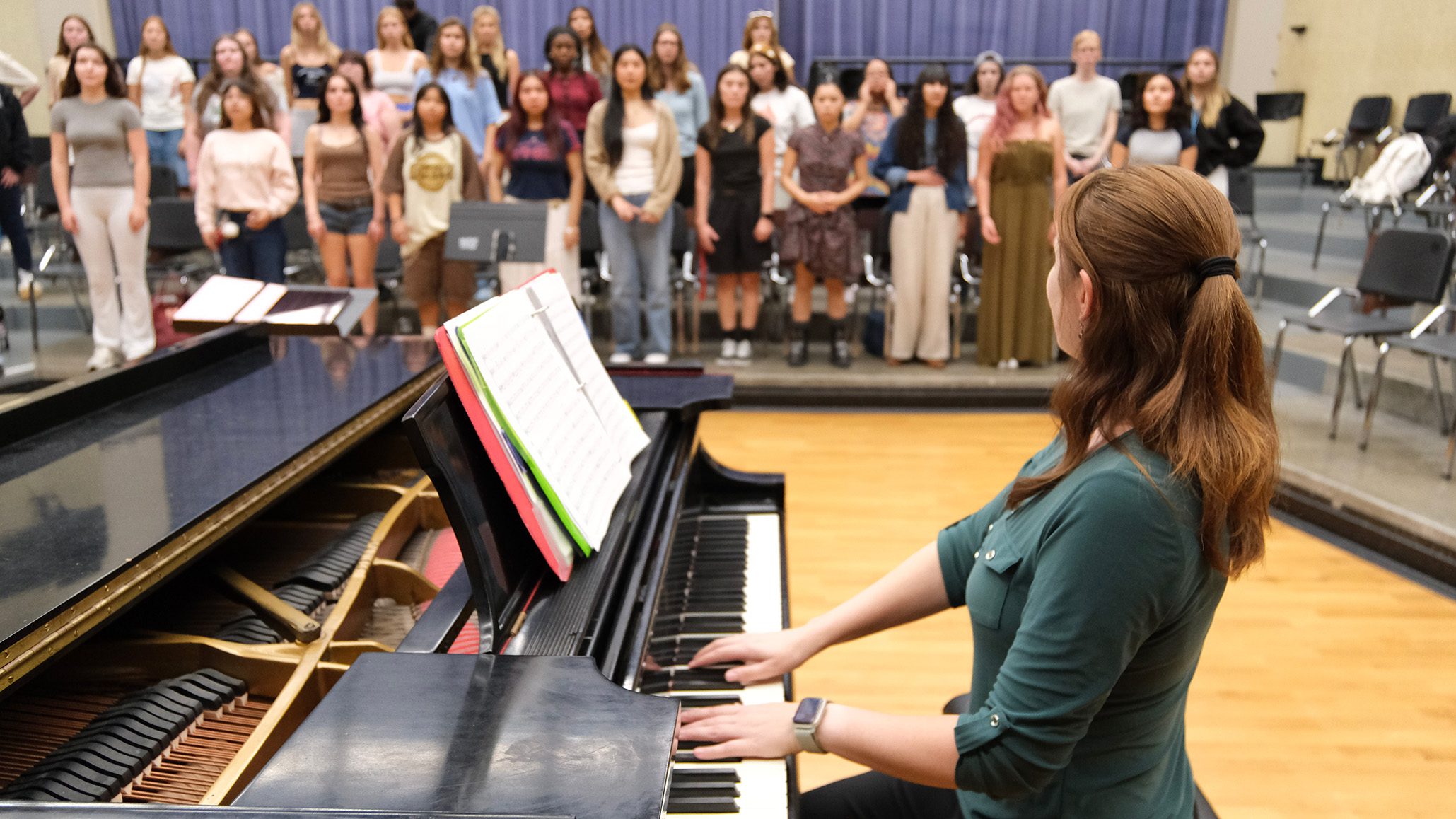A Career in Comedy
A Q&A with SDSU alumnus and Hollywood producer, Jeff Melman.

Jeff Melman, ’70, is a prolific television producer and director whose career is linked with numerous American sitcom standouts, including Barney Miller, Night Court, Frasier, Everybody Loves Raymond, Malcolm in the Middle, Modern Family, Desperate Housewives and Grey’s Anatomy. He spent a little time reminiscing about his career and his time at San Diego State University.
Q. What are highlights of your professional career. What are your proudest achievements?
An alumnus, John Moranville, then working for ABC, came to San Diego State and spoke to our directing class. I told him of my interest to move to Los Angeles and direct television shows. I was blown away when he called and told me that he had arranged for me to observe the production of a sitcom on the ABC lot. I took advantage of the opportunity. While there, I met a couple of ABC Pages (Usually young people responsible for audience relations who are also looking to break in "the biz").
They would arrange for "drive on" passes for me to get on to the ABC lot. Each day I would "slide" onto a soundstage and watch whatever shows were rehearsing or shooting. I met a guy who was working as a Production Assistant on Barney Miller, then just starting to shoot episodes for ABC television. After more episodes were ordered by ABC, he was promoted to Post Production Supervisor and recommended me for his job as a Production Assistant. on the Miller show. It was an amazing break. I was a production assistant for one season, then got in to the Directors Guild of America as a Stage Manager. A year later I was the Associate Director.
After Barney Miller, I worked with Gary David Goldberg, another SDSU alumnus. I was the Associate Producer on a sitcom that he created. I then went with Gary to Paramount Television to produce a half hour single camera comedy, Making the Grade. I later joined Reinhold Weege, a writer that I had worked with on Barney Miller, and we did Night Court. Another highlight was directing Malcolm in the Middle. I’ve been really fortunate to work with great writers and actors, most recently that’s included Desperate Housewives, Grey’s Anatomy, Brothers and Sisters, Modern Family, Community, Happy Endings and Animal Practice. I was nominated for a Directors Guild Award for Grey’s Anatomy; I’m really proud of that.
Q. What’s your favorite college memory?
For my Senior Project, I wanted to direct a sitcom written by another senior classmate of mine. The set had to be built in the student studio due to limited space at KPBS, then, located across the breezeway from from the student studio. Senior projects were usually done in the KPBS studios to take advantage of their beautiful state-of-the-art color cameras. I wanted to do it in color, so I had to bring the color cameras to the student studio. But the cables wouldn't reach. Long story short, the closest station that had cable compatible with the KPBS cameras was a PBS station in Anchorage, Alaska. They generously agreed to send me 900 feet of camera cable so I could shoot my show. I can’t believe they were willing to help a student out the way they did.
Q. Who was your favorite college professor and/or what was your favorite class?
Don Wiley. He instilled confidence in me as a Director. His mantra was, "Show them (the audience) what they want to see when they want to see it". When I'm directing, that is always in the back of my mind. We've stayed in touch over the years and I enjoy receiving his family newsletters each year.
Q. If you were giving current SDSU students some advice, what would you say?
Get in [the entertainment business] any way you can. My philosophy is "it’s better to be on the inside looking out, then on the outside looking in". Whether that means you take a job as a page, a production assistant, the mailroom in a talent agency, or whatever. Once you’re inside, you can maneuver. On the outside, it's obviously a lot harder. When you do get the opportunity, you have to do a great job. The industry is extremely competitive. You have to work really hard, believe in yourself and you can’t be afraid to be rejected.
Q. What is your motto?
"Hit a homerun" every time at bat. Take full advantage of opportunities presented to you; of breaks that come your way. Whatever I direct, I want it to be great. I invest a lot of myself in everything.
Q. Which trait do you most value in your friends and colleagues?
Honesty. You don’t always get that a lot from people, so honesty from friends and colleagues is really important.
Q. If you knew you could not fail, what would you attempt?
To fly. Not in a plane—I’ve done that as a pilot, but as a bird. In my next life I’d like to come back as a hawk.



